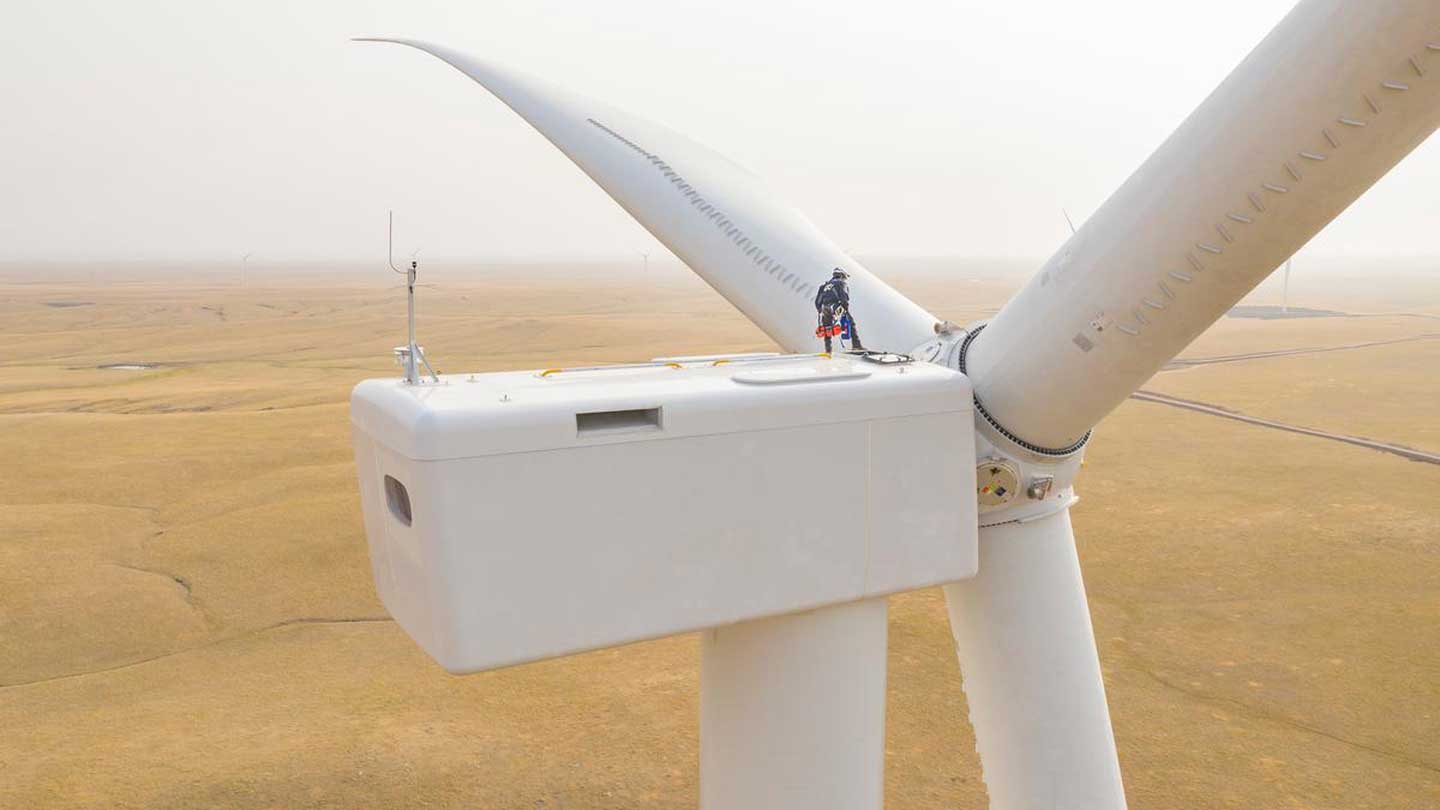The Future of Energy: Business Opportunities and Sustainability

The energy sector is undergoing one of the most significant transformations in modern history. As climate change, technological innovation, and global energy demands converge, businesses in the energy industry face both unprecedented challenges and opportunities. Companies that adapt to renewable energy, digitalization, and sustainability trends can not only thrive financially but also contribute to a greener and more resilient future.
This article explores the current state of the energy sector, the role of businesses, emerging technologies, and strategies for navigating this dynamic industry.
The Current Energy Landscape
The global energy market is vast and diverse, encompassing traditional sources like oil, natural gas, and coal, as well as renewable energy sources such as solar, wind, hydro, and bioenergy. Historically, fossil fuels dominated energy production due to their high energy density and established infrastructure. However, the environmental impact of carbon emissions has prompted a shift toward cleaner alternatives.
Key trends shaping today’s energy landscape include:
-
Rising Demand: Global energy consumption continues to grow, driven by urbanization, industrialization, and population growth.
-
Policy and Regulation: Governments worldwide are implementing regulations to reduce carbon emissions, incentivize renewable energy, and improve energy efficiency.
-
Technological Innovation: Advances in energy storage, smart grids, and digital monitoring systems are changing how energy is produced, distributed, and consumed.
For businesses, understanding these trends is crucial to remain competitive and capitalize on emerging opportunities.
The Role of Businesses in Energy Transition
Businesses are at the forefront of the energy transition. Companies across industries—from utilities to automotive, manufacturing, and technology—are reevaluating their energy strategies to meet sustainability goals and reduce operational costs.
1. Renewable Energy Adoption
Many companies are investing in solar, wind, and hydroelectric power to meet energy needs while reducing environmental impact. Corporations like Google, Microsoft, and Amazon have committed to running on 100% renewable energy, setting examples for global business practices.
2. Energy Efficiency
Optimizing energy use in operations is a key strategy for reducing costs and emissions. Smart buildings, LED lighting, energy-efficient machinery, and automated energy management systems help businesses achieve both financial and environmental benefits.
3. Innovation and R&D
Research and development in energy technologies—such as advanced batteries, carbon capture, and green hydrogen—open new business opportunities. Companies that invest in innovation can gain competitive advantages and position themselves as leaders in the emerging green economy.

Investment Opportunities in the Energy Sector
The shift toward clean energy has created lucrative investment opportunities. Venture capital, private equity, and institutional investors are increasingly funding projects in renewable energy, energy storage, and sustainable infrastructure.
-
Solar and Wind Farms: Large-scale installations are cost-effective and have stable returns.
-
Electric Mobility: Investment in electric vehicles (EVs), charging infrastructure, and battery technologies is growing rapidly.
-
Energy Storage: As renewable energy production fluctuates, energy storage solutions like lithium-ion batteries, flow batteries, and hydrogen storage become essential.
-
Green Hydrogen: Hydrogen produced from renewable sources offers a zero-emission alternative for industries like shipping, aviation, and heavy manufacturing.
Investors benefit not only from financial returns but also from contributing to global sustainability goals.
Digitalization and Smart Energy
Technology is revolutionizing the energy industry, creating efficiencies and new business models.
1. Smart Grids
Smart grids use sensors, automation, and AI to optimize energy distribution. They reduce waste, prevent outages, and allow consumers to monitor and control their energy consumption.
2. Data Analytics
Energy companies now leverage big data to forecast demand, optimize supply, and enhance maintenance of infrastructure. Predictive analytics reduces downtime and improves cost efficiency.
3. IoT in Energy
The Internet of Things (IoT) connects devices and systems, enabling real-time monitoring and management. Smart meters, connected appliances, and automated industrial equipment help businesses and consumers save energy and reduce costs.
4. Blockchain and Energy Trading
Blockchain technology is emerging as a solution for decentralized energy trading, allowing peer-to-peer energy sales and transparent transactions. This model empowers local communities and encourages renewable energy adoption.
Challenges Facing Energy Businesses
While opportunities abound, the energy sector faces several challenges:
-
Regulatory Uncertainty: Policy changes and inconsistent regulations across countries can create operational risks.
-
High Capital Costs: Renewable energy projects, though cost-effective over time, require significant upfront investment.
-
Supply Chain Constraints: The availability of critical materials like lithium, cobalt, and rare earth elements affects production of batteries and renewable technologies.
-
Climate Risks: Extreme weather events, rising sea levels, and other climate impacts threaten energy infrastructure globally.
Businesses must develop strategies to manage these risks while pursuing growth and sustainability.
Corporate Sustainability and ESG
Environmental, social, and governance (ESG) criteria are increasingly central to energy business strategies. Companies are now evaluated not just on financial performance, but also on their environmental impact, labor practices, and governance standards.
-
Environmental: Reducing carbon emissions, transitioning to renewable energy, and promoting circular economy practices.
-
Social: Ensuring workplace safety, supporting local communities, and promoting diversity and inclusion.
-
Governance: Transparency, ethical decision-making, and regulatory compliance.
Adopting ESG principles improves reputation, attracts investors, and aligns businesses with global sustainability efforts.
The Future of Energy Business
The next decade promises a profound transformation of the energy sector. Key developments include:
-
Decentralized Energy Systems: Microgrids, rooftop solar, and community energy projects reduce dependence on centralized utilities.
-
Green Hydrogen Economy: Hydrogen is expected to play a major role in decarbonizing industries.
-
Energy as a Service (EaaS): Businesses may increasingly subscribe to energy solutions rather than owning infrastructure, reducing costs and increasing flexibility.
-
AI and Automation: Advanced technologies will further optimize energy production, distribution, and consumption.
Companies that embrace innovation, sustainability, and digital transformation will be well-positioned to lead the energy market of the future.

Conclusion
The energy industry sits at a critical crossroads. Businesses that integrate sustainability, technology, and strategic planning into their operations can capitalize on new opportunities while addressing global challenges like climate change and resource scarcity.
From renewable energy adoption to smart grids, data analytics, and ESG initiatives, energy businesses have the potential to drive both economic growth and environmental responsibility. The companies that succeed will be those that combine vision, innovation, and resilience—meeting the world’s energy needs while shaping a sustainable future.
In an era defined by change, energy businesses are not just providers—they are pioneers shaping the trajectory of modern society.








